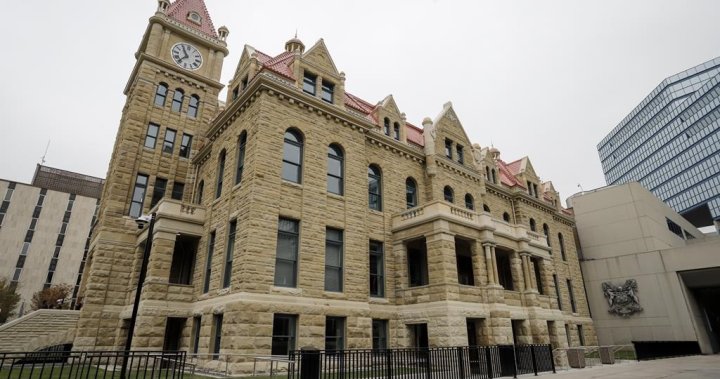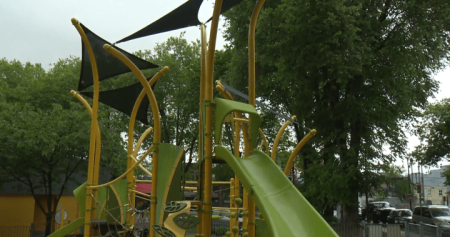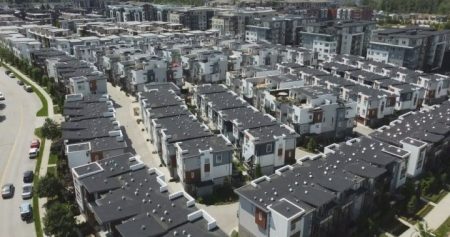The Calgary City Council recently concluded a 12-day public hearing regarding a proposed rezoning bylaw. The majority of residential areas in Calgary are currently zoned for single-family homes only, but the proposed bylaw would change this to RC-G zoning, allowing for the construction of single-family homes, duplexes, triplexes, and row houses. Apartment buildings would not be permitted in RC-G neighbourhoods. City administration believes that by increasing housing options and diversity, the affordability of housing in Calgary will improve. The rezoning will also lead to increased transit options and help keep property taxes down by sharing the costs of utilities and roads among a larger population.
During the public hearing, there was a divide among those in favor of and those opposed to the bylaw. Critics of the bylaw argue that introducing duplexes, triplexes, and rowhouses will increase density in RC-1 zoned neighbourhoods and alter their character. They also question if the rezoning will actually lower housing prices, as developers and landlords may still charge high rents for new builds. Some residents feel that their voices are not being heard by city council and that their rights are being stripped away. However, city administration reassured the public that public hearings for development permits will continue even if the bylaw is passed.
Many organizations that support vulnerable Calgarians and provide resources for low-income residents urged council to pass the proposed bylaw. They believe that it could expedite the process of developing non-market housing and help address the housing crisis faced by many low-income individuals and families. Representatives from organizations such as the Drop-In Centre, YWCA Calgary, and Momentum Calgary emphasized the importance of increasing housing options and affordability in the city. They also highlighted the challenges faced by low-income residents who were unable to participate in the public hearing due to work commitments.
The vote on the proposed rezoning bylaw was close, with council voting 8-7 in favor of a motion to return for further discussion and a recap of the public hearing from city administration. The debate and questions regarding the proposed bylaw are expected to begin on May 13th, with council members anticipating a lengthy discussion over the course of two to three days. The decision to change the base residential zoning district to RC-G has been met with mixed reactions, with some seeing it as a step towards increasing housing diversity and affordability, while others are concerned about the potential impact on neighborhood character and housing prices.
Overall, the proposed rezoning bylaw in Calgary has sparked a contentious debate among residents, city council members, and organizations advocating for vulnerable populations. The outcome of the upcoming discussions and eventual vote on the bylaw will have significant implications for the future of housing in the city, including addressing affordability issues, increasing housing options, and balancing the interests of different stakeholders. The public hearing process has highlighted the importance of community engagement and ensuring that all voices are heard in decisions that impact the residential landscape of Calgary.















